Tech
What Is ICT?: Information And Communications Technology
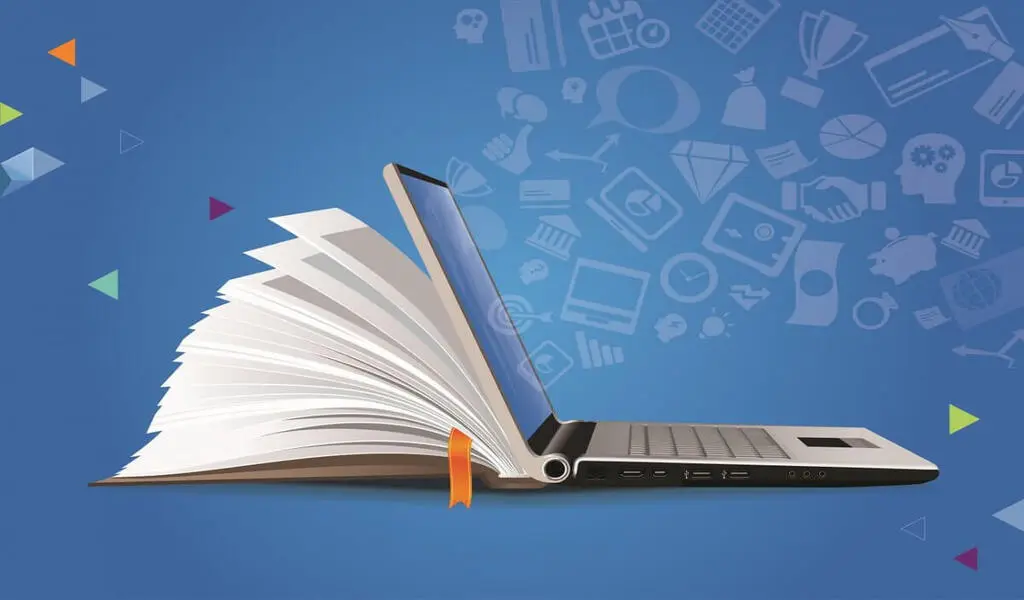
(CTN NEWS) – Information and Communications Technology (ICT) has become an essential part of our lives in today’s digital age. From our workplaces to our homes, ICT has revolutionized how we communicate, work, learn, and entertain ourselves.
This article will discuss what ICT is, its benefits, and how it has impacted our society.
What is ICT?
ICT stands for Information and Communications Technology. It refers to using digital technologies to manage and process information, communicate, and perform various tasks.
ICT includes hardware and software technologies, such as computers, servers, smartphones, networks, software applications, and the internet.
ICT is crucial in our daily lives, allowing us to access information, communicate with others, and perform various tasks easily and efficiently.
The Evolution of ICT
ICT has come a long way since its inception in the 1970s. In the early days, computers were large, expensive, and mainly used by large organizations and government agencies.
The internet did not exist, and communication was mostly done through telephones and faxes.
However, with the advent of personal computers, the internet, and mobile devices, ICT has become more accessible and affordable.
Today, ICT is an integral part of our lives, enabling us to connect with others, work remotely, and access a wealth of information and entertainment.
Components of ICT
ICT comprises various components that work together to provide a seamless digital experience. These components include:
Hardware
Hardware refers to the physical components of ICT, such as computers, servers, routers, smartphones, and other electronic devices. These devices form the foundation of ICT and enable us to access, process, and store information.
Software
Hardware devices run software programs and applications.
The software can range from basic operating systems to complex applications such as enterprise resource planning (ERP) systems and customer relationship management (CRM) software.
Networks
Networks connect hardware devices and software applications, allowing them to communicate and share data. Networks can be wired or wireless and can span local and wide areas.
Internet
The internet is a global network that enables us to access and share information and communicate with others worldwide.
Benefits of ICT
ICT offers many benefits to individuals, businesses, and society. These benefits include:
Improved Communication
ICT has revolutionized the way we communicate, enabling us to connect with others easily and efficiently.
Regardless of location, we can communicate with others in real-time through email, instant messaging, video conferencing, and social media.
Increased Productivity
ICT has also improved productivity by automating repetitive tasks, streamlining business processes, and providing access to real-time data.
This has enabled businesses to operate more efficiently, reducing costs and improving profitability.
Enhanced Learning
ICT has transformed how we learn, providing access to a wealth of educational resources and enabling online learning. This has made education more accessible and affordable, allowing more people to gain knowledge and skills.
Improved Healthcare
ICT has also improved healthcare by enabling remote consultations, electronic health records, and telemedicine. This has made healthcare more accessible and affordable, especially in remote areas.
ICT in Business
ICT has transformed businesses’ operations, enabling them to streamline processes, improve productivity, and enhance customer experience. Here are Some of the ways that ICT is used in business include:
Marketing and Advertising
ICT has revolutionized marketing and advertising, allowing businesses to reach a wider audience through digital channels such as social media, email, and online ads.
Sales and Customer Service
ICT has also improved sales and customer service by enabling businesses to automate processes, track customer interactions, and provide real-time support through chatbots and other digital channels.
Data Management and Analysis
ICT has made it easier for businesses to collect, store, and analyze large amounts of data, enabling them to make informed decisions and identify growth opportunities.
ICT in Education
ICT has transformed how we learn, providing access to a wealth of educational resources and enabling online learning. Here are some of the ways that ICT is used in education:
E-Learning
ICT has made education more accessible and affordable through online learning platforms, enabling students to learn from anywhere globally.
Educational Resources
ICT has also made it easier for educators to create and share educational resources, such as videos, podcasts, and interactive simulations.
Collaboration and Communication
ICT has enabled students and educators to collaborate and communicate easily, regardless of location.
Online forums, video conferencing, and instant messaging have made it easier for students and educators to share ideas and knowledge.
ICT in Healthcare
ICT has transformed healthcare by enabling remote consultations, electronic health records, and telemedicine. Here are some of the ways that ICT is used in healthcare:
Telemedicine
ICT has allowed patients to consult with healthcare professionals remotely, improving access to healthcare services and reducing the need for in-person visits.
Electronic Health Records
ICT has made it easier for healthcare professionals to access and share patient information, enabling more coordinated and effective care.
Medical Devices and Wearables
ICT has also enabled the development of medical devices and wearables to monitor and track patients’ health, providing real-time data and improving healthcare outcomes.
ICT in Entertainment
ICT has revolutionized the way we access and consume entertainment, providing a wealth of digital content and enabling us to access it from anywhere. Here are some of the ways that ICT is used in entertainment:
Streaming Services
ICT has enabled streaming movies, TV shows, and music from anywhere worldwide, providing access to a vast content library.
Gaming
ICT has transformed the gaming industry, providing gamers with immersive experiences and enabling multiplayer games across the globe.
Social Media
ICT has also revolutionized social media, enabling us to connect with others and share content easily and quickly.
ICT in Government
ICT has transformed how governments operate, providing access to real-time data and enabling more efficient and transparent governance. Here are some of the ways that ICT is used in government:
E-Government Services
ICT has enabled governments to provide e-services, such as online tax filing, voting, and permit applications, making it easier for citizens to access government services.
Open Data
ICT has also enabled governments to provide open data, making government information more accessible to the public and enabling more informed decision-making.
Cybersecurity and Defense
ICT has also enabled governments to improve their cybersecurity and defense capabilities, protecting critical infrastructure and national security.
ICT Challenges and Risks
While ICT offers many benefits, it also poses some challenges and risks. Some of these include:
Cybersecurity Threats
ICT has made it easier for cybercriminals to launch attacks on individuals, businesses, and governments, stealing sensitive data and causing financial and reputational damage.
Digital Divide
ICT has also created a digital divide, with some people having limited access to digital technologies and services.
Privacy Concerns
ICT has raise concerns about data privacy and protection, with the potential for personal data to be misused or stolen.
Dependence on Technology
ICT has also led to a dependence on technology, which can create vulnerabilities and risks if systems fail or are compromised.
Ethical Considerations
ICT raises ethical considerations, such as the impact on employment and the environment and the potential for biases and discrimination in decision-making algorithms.
Conclusion
ICT has transformed our world, enabling us to connect, communicate, learn, and entertain ourselves in ways that were once unimaginable.
It has also transformed how we do business, provide healthcare, and govern ourselves. However, as with any technology, ICT poses challenges and risks that must be addressed.
By understanding these challenges and working to mitigate them, we can continue to reap the benefits of ICT while minimizing its risks.
RELATED CTN NEWS:
How to Convert PDF to PowerPoint Online: A Step-By-Step Guide


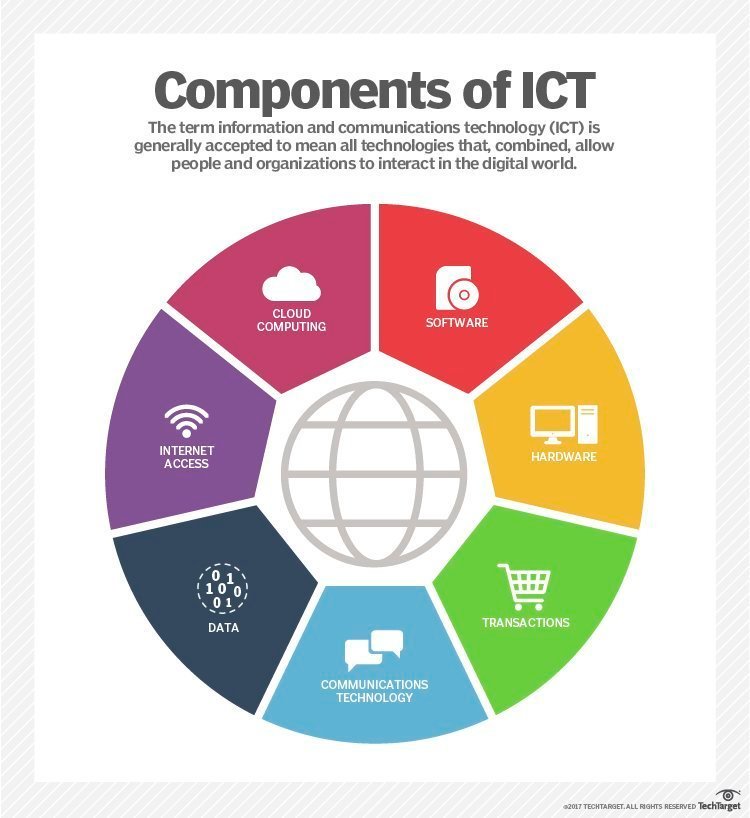
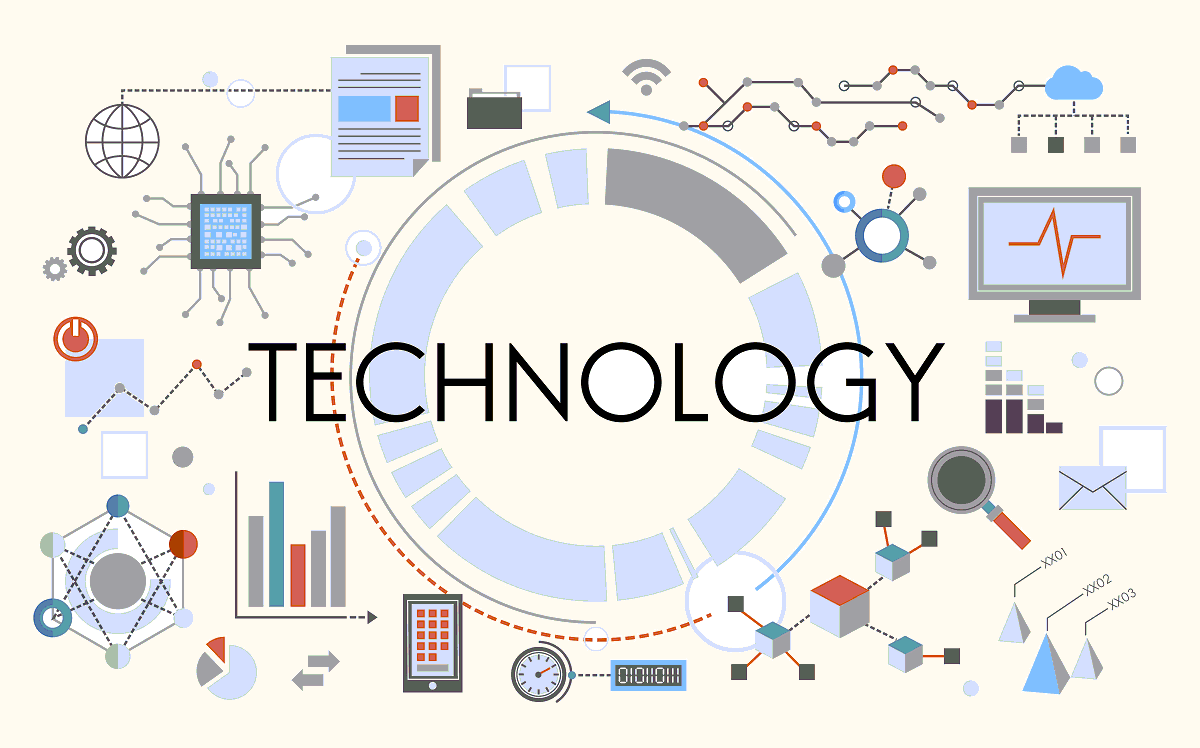
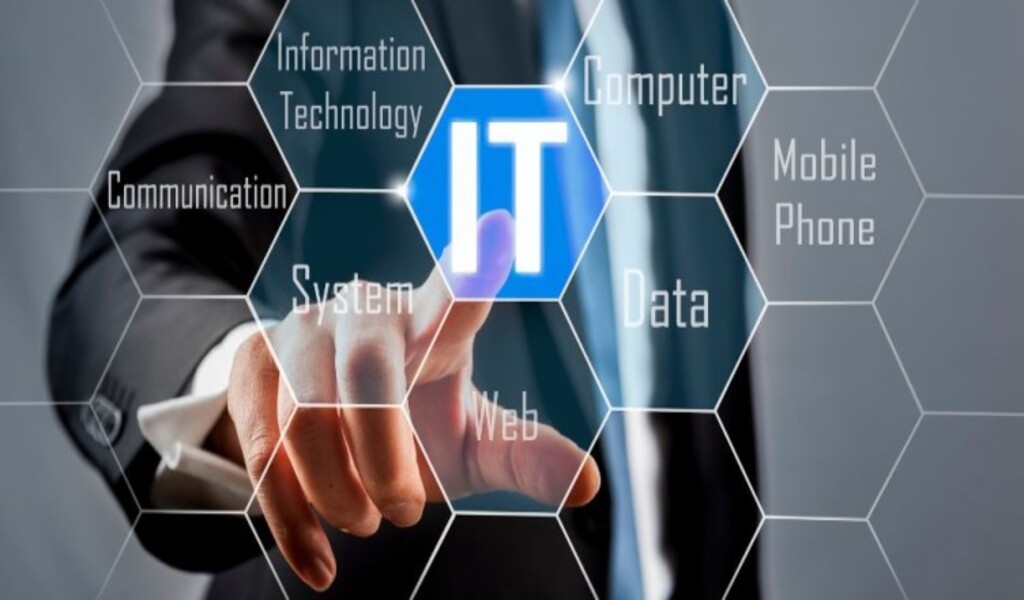


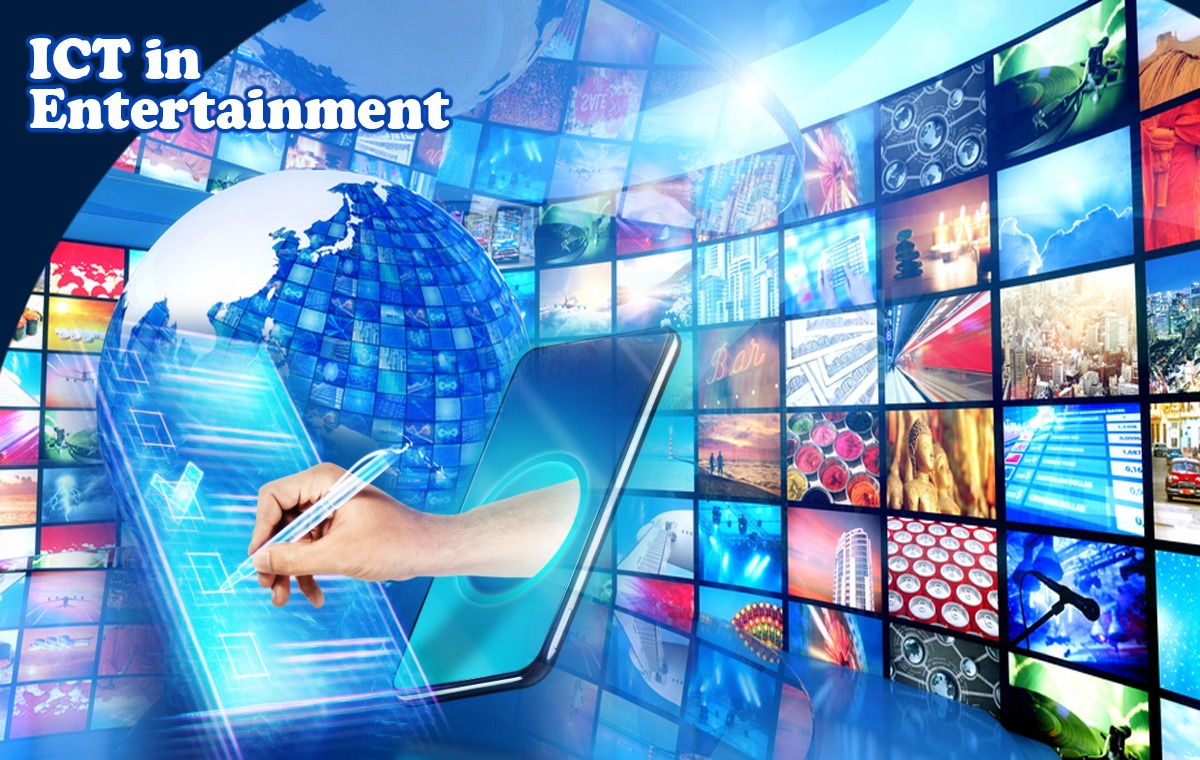

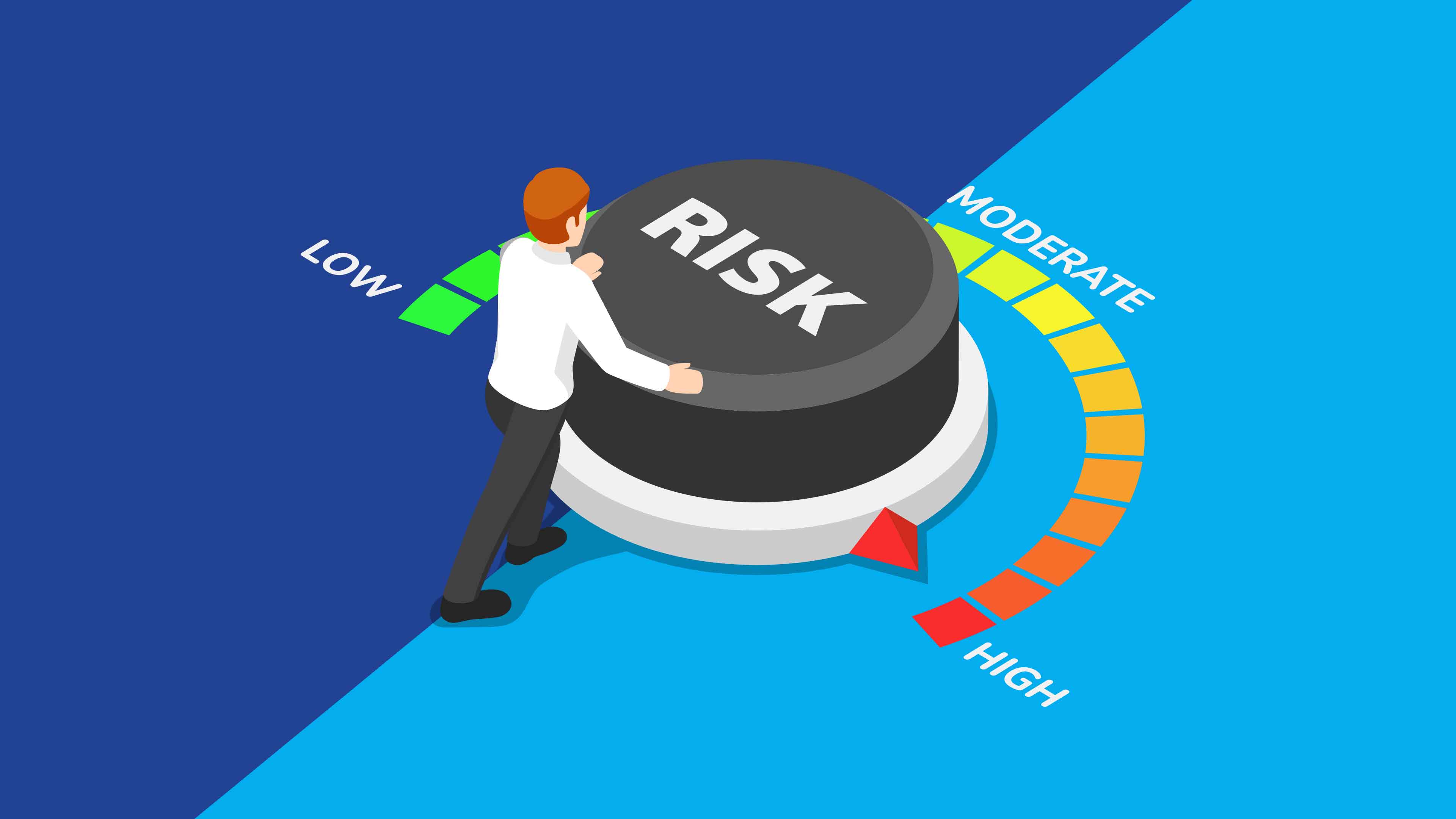

















![Play Online Blackjack In Australia [2024]: Top 10 Online Australian Blackjack Sites 44 Play Online Blackjack in Australia [2024]: Top 10 Online Australian Blackjack Sites](https://www.chiangraitimes.com/wp-content/uploads/2024/03/word-image-303235-1-80x80.jpeg)











